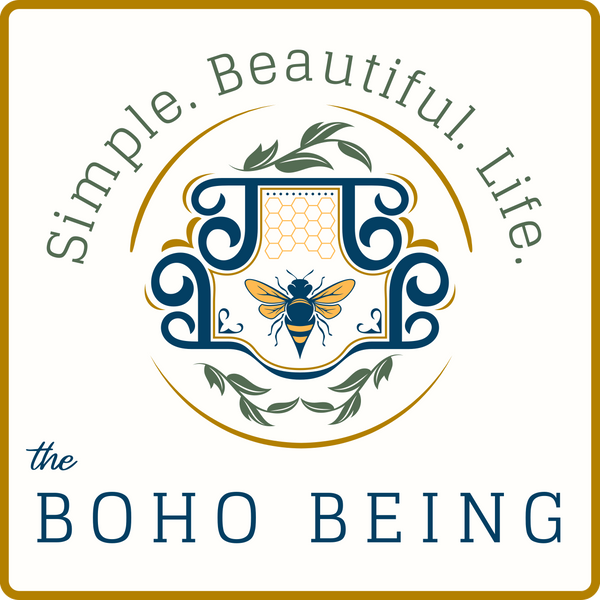Crystal Rock Healing
Valerian Root (Valeriana Wallichii) Herb 2oz Organic
Valerian Root (Valeriana Wallichii) Herb 2oz Organic
Couldn't load pickup availability
Valerian is a perennial flowering plant native to Europe and Asia. As a tea, this herb has a woodsy/earthy flavor. The longer you brew it the more intense the taste will be. Great for helping you sleep.
Ingredients: Organic Valerian Root (Valeriana wallichii). Suggested Use: Add to soups, cooking, smoothies, baths, etc. Infuse in water or olive oil. For hot or cold tea, pour 8-12 oz of boiling water over 1 tsp. of herbs. Steep 3-4 min.
PRECAUTION: Caution is advised during the use of barbiturates, benzodiazepines, and other sedative drugs, as valerian has the potential to increase the effects of some sedatives. Certified USDA Organic, Caffeine free.
Made in United States
Ingredients: Organic Valerian Root (Valeriana wallichii).
Botanical Name
Botanical Name
Passiflora incarnata L.
Plant Description
Plant Description
Passiflora incarnata, also known as maypop, purple passionflower, true passionflower, wild apricot, and wild passion vine, is a fast-growing perennial vine with purple flowers. Native Americans originally used the passiflora plant's medicinal properties. The root was used as a poultice to treat boils, cuts, bruises, and other inflammations. The leaves were boiled to make tea to calm nerves or as a tonic.
Benefits
Benefits
Addiction; Anxiety; Asthma; Atony; Bacteria; Boil; Bronchosis; Bruise; Burn; Cancer; Candida; Cardiopathy; Chancre; Chorea; Colic; Convulsion; Cramp; Cut; Depression; Dermatosis; Diarrhea; Dysentery; Dysmenorrhea; Dyspnea; Earache; Eclampsia; Enterosis; Epilepsy; Erysipelas; Fever; Flu; Fungus; Gastrosis; Headache; Hemorrhoid; High Blood Pressure; Hyperactivity; Hysteria; Infection; Inflammation Insomnia; Morphinism; Myalgia; Mycosis; Nervousness; Nervous Restlessness; Neuralgia; Neurasthenia; Neurosis; Nicotinism; Ophthalmia; Pain; Palpitation; PMS; Proctosis; Restlessness; Sore; Spasm; Stress; Tachycardia; Tetanus; Toothache; Typhoid; Uterosis; Weaning; Yeast.
Activities
Activities
Analgesic; Antibacterial; Antiinflammatory; Antiseptic; Antispasmodic; Anxiolytic; Candidicide; Cardiotonic); CNS-Depressant; CNS-Stimulant; Cyanogenic; Digestive; Emetic; Fungicide; Hematinic; Hypnotic); Hypotensive; MAOI; Myorelaxant; Narcotic; Respirastimulant; Sedative; Soporific; Tranquilizer; Uterorelaxant; Uterotonic.
Uses
Uses
Tea. Tincture. Extract.
Warnings
Warnings
Class 1. Large doses may result in CNS depression. Because of harman and harmaline (uterine stimulants), its use in pregnancy and lactation is to be avoided
Source
Source
Duke, J. A. 1985. CRC Handbook of Medicinal Herbs. Boca Raton, Florida, CRC Press, Inc.
FDA Statement - Not intended to diagnose, prevent, treat, or cure through the sale of this Herb. Use at your own risk. Information provided is for informational purposes only and is not intended to replace consultation with your physician. The FDA has not evaluated this statement.
Packaged and distributed by The Boho Being.
View full details



